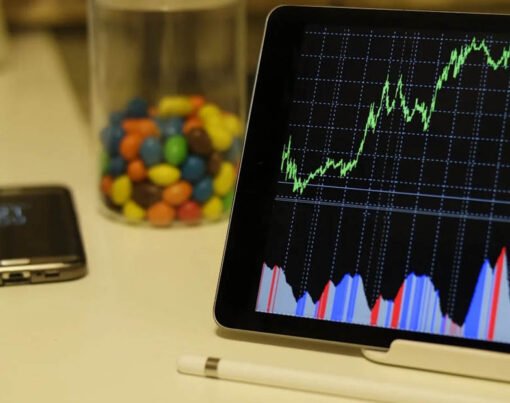Oil trading is a complex and volatile market, where prices can rise and fall rapidly, and the stakes are high. For traders in this market, fear and greed are two powerful emotions that can have a significant impact on their decision-making processes. In this article, we will explore the psychology of fear and greed in oil trading, and how these emotions can affect traders and the market as a whole. So, if you are into Oil trading, you must also consider knowing about the Impact of Environmental Activism.
Table of Contents
The Role of Fear in Oil Trading
Fear is an emotion that is often associated with the unknown, and in the world of oil trading, many unknowns can trigger fear in traders. For example, political instability in oil-producing countries can lead to supply disruptions, which can cause prices to spike. Similarly, unexpected changes in demand or supply can also trigger fear and uncertainty in the market.
When fear takes hold in the oil market, traders may become more risk-averse, and start to sell off their positions, which can cause prices to drop. In extreme cases, fear can lead to panic selling, where traders sell off their positions at any price, regardless of whether it is a fair value or not. This can cause prices to plummet and create a downward spiral in the market.
The Role of Greed in Oil Trading
Greed is an emotion that is often associated with the desire for wealth and success. In the world of oil trading, greed can lead traders to take on excessive risks in the hope of achieving high profits. When greed takes hold in the market, traders may start to buy up large positions, driving up prices in the process.
However, when prices rise too high too quickly, there is a risk of a price correction, where prices come back down to a more sustainable level. If traders have taken on too much risk during the price run-up, they may be left with large losses when the correction takes place.
The Impact of Fear and Greed on the Market
The psychology of fear and greed has a notable impact on the oil market. These emotions can influence the price of oil and create uncertainty for traders and investors.
When fear grips the market, it often leads to a downward trend in oil prices. Traders and investors start selling their assets, which results in a decrease in demand and ultimately leads to a decline in prices. This downward trend can cause losses for traders and investors who purchased oil at a higher price.
On the other hand, greed can create a bubble in prices. When there is a surge in demand for oil due to optimistic expectations about its future prices, prices may rise disproportionately, creating a bubble. However, when the bubble bursts, prices come crashing down, causing significant losses for those who purchased oil at inflated prices.
Furthermore, fear and greed can also create market volatility. Volatility refers to the degree of fluctuation in oil prices over time. In a volatile market, prices can change rapidly, making it difficult to predict future movements. Traders and investors often prefer a stable market, as it allows for better risk management and planning.
Managing Fear and Greed in Oil Trading
Managing fear and greed in oil trading is essential for success in this market. Traders need to be able to control their emotions and make rational decisions based on market fundamentals, rather than being driven by fear or greed. This requires a deep understanding of the market and a disciplined approach to trading.
One way to manage fear and greed in oil trading is to use risk management strategies, such as stop-loss orders and position sizing. Stop-loss orders can help to limit losses when prices start to fall, while position sizing can help to ensure that traders do not take on excessive risk.
Another way to manage fear and greed is to develop a trading plan and stick to it. A trading plan should include entry and exit points, as well as risk management strategies, and should be based on a thorough analysis of market fundamentals.
Conclusion
The psychology of fear and greed plays a significant role in oil trading and can have a major impact on the market as a whole. Traders who can manage these emotions and make rational decisions based on market fundamentals are more likely to be successful in this volatile and complex market. By understanding the psychology of fear and greed, traders can develop strategies to manage these emotions and achieve success in oil trading.










